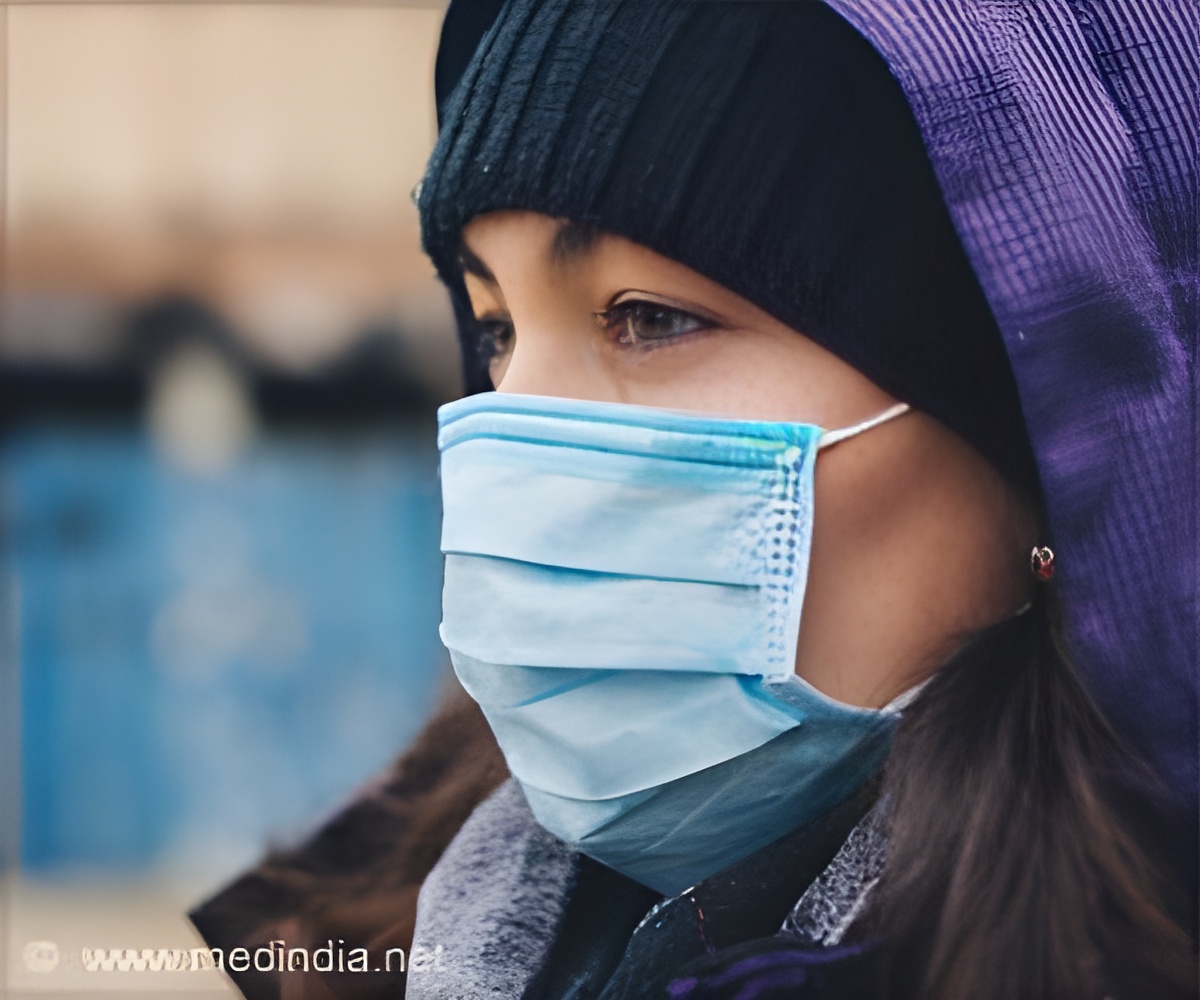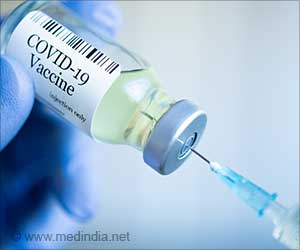Strong feelings of germ aversion and pathogen disgust were found to be significantly associated with concern about COVID-19 and preventative behavior.

‘Study identifies a variety of characteristics that may place individuals at risk for contracting and spreading disease during a pandemic.’





"When we feel disgust toward something, our behavioral response is to avoid it and get away from it, but people vary in their experience of disgust," says Natalie J. Shook, a social psychologist, associate professor, and principal investigator for the study. "In thinking about these psychological processes, what we're interested in is whether people who are already more sensitive to potential disease threats are then more inclined to follow prescribed preventative health behaviors." Shook and her team asked study participants about their overall concerns about COVID-19 and about how often they engaged in preventative health behaviors like physical distancing, frequent hand washing, avoiding touching their face, wearing a facemask, and cleaning and disinfecting.
Participants also answered a series of demographic and social questions, including their age, political and religious values, and socioeconomic status, as well as questions designed to gauge risk factors for the disease - whether they had an underlying health condition that might predispose them to severe illness, whether a family member might be at greater perceived risk, or whether they recently had or believed that they had been ill with COVID-19.
"What we found in our data set was that the most consistent predictors of concern about COVID and then engagement in preventative health behaviors are actually those psychological disease avoidance factors," says Shook.
More than factors like age, perceived risk, or political stance, individuals who indicated strong feelings of germ aversion and pathogen disgust also reported greater concern for COVID-19 and increased participation in preventative behaviors. The researchers also found that the people most likely to be impacted by the virus are not necessarily those most likely to be engaging in preventative behaviors.
Advertisement
Individuals with higher incomes were associated with more engagement in physical distancing and cleaning behaviors, but they would also have greater access to resources - like cleaning supplies - and the potential to work from home because of their socioeconomic status, Shook says. Recent illness and general perceived health were also linked with many preventative health behaviors, though the individual reasons could vary, from motivations to prevent others from becoming ill to greater awareness due to recent illness.
Advertisement
Shook and her team hope to release additional findings related to initial survey data - including findings on mental health, job security and financial concerns, and vaccination related to COVID-19 - to be released in the coming weeks and months as their year-long examination continues.
Source-Eurekalert









